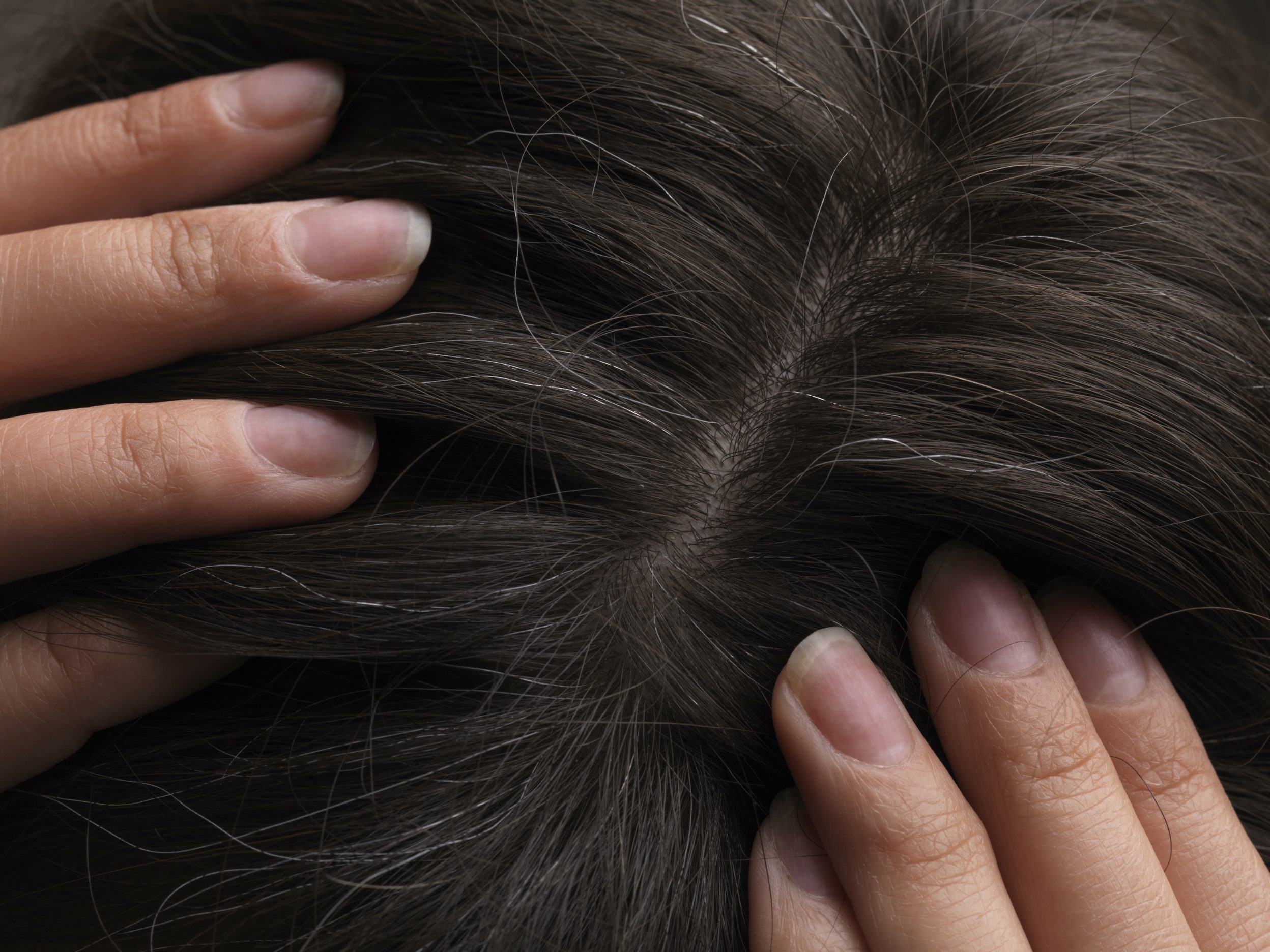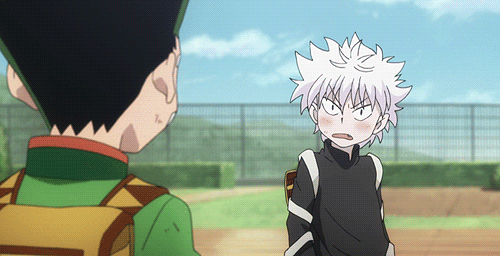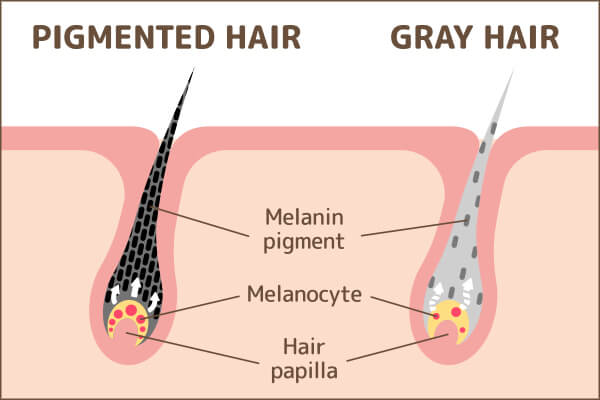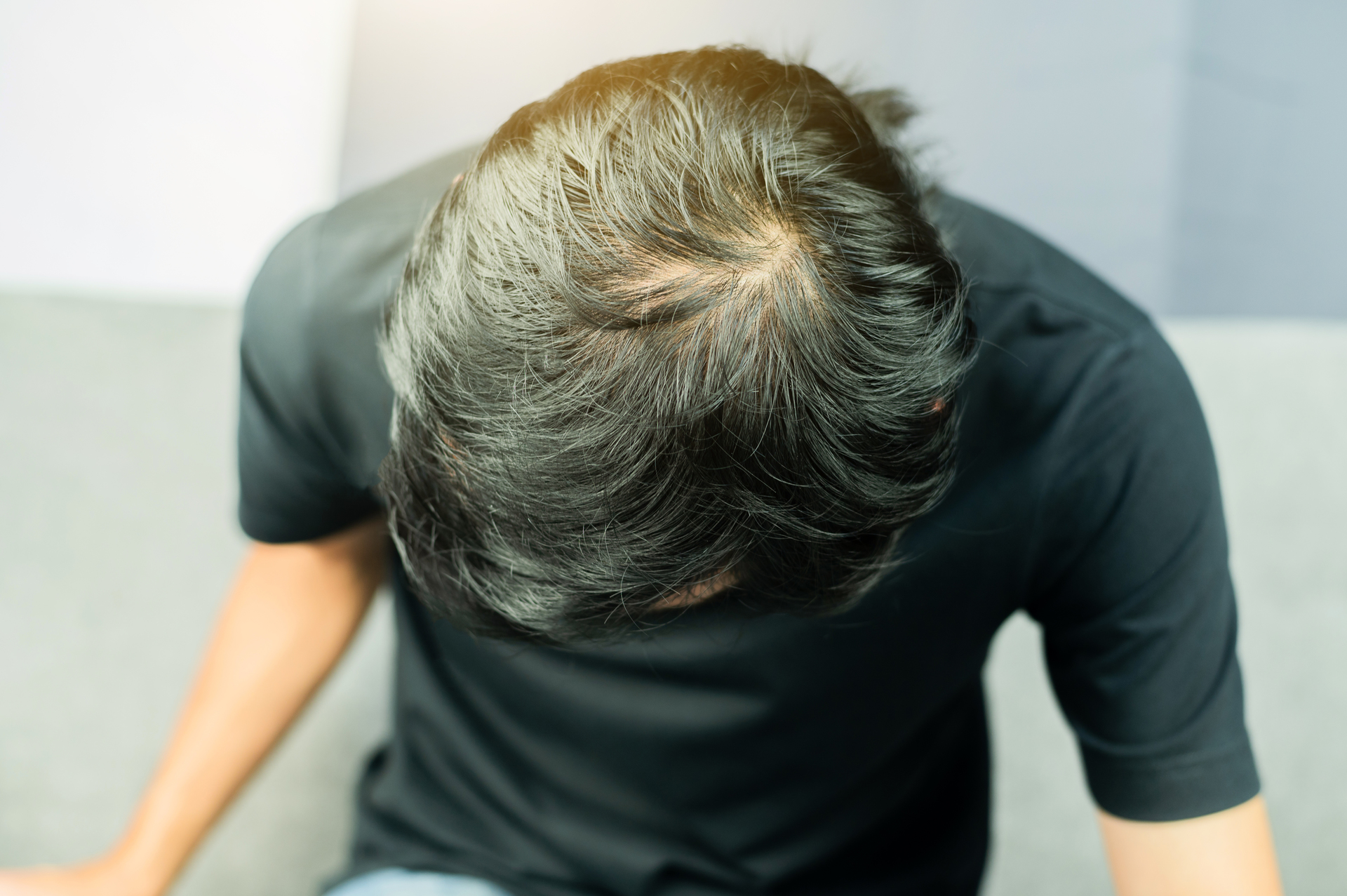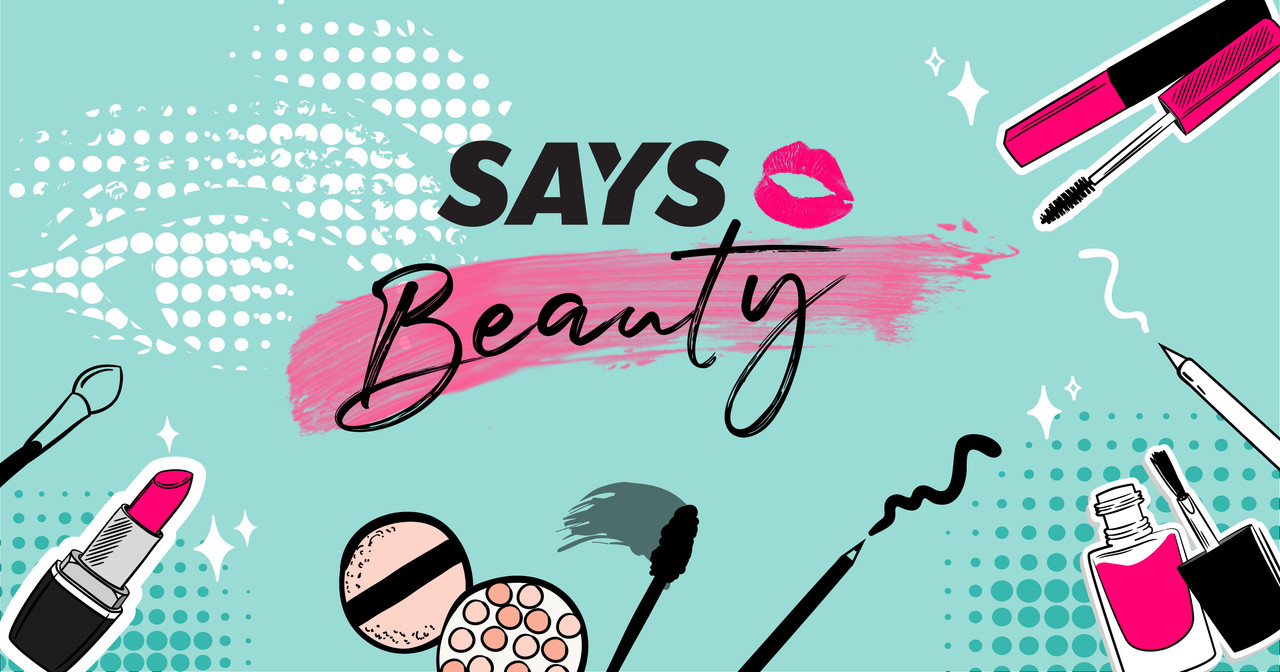Does Plucking White Hair Cause More To Grow In Its Place? Here's What We Found Out
Experts recommend cutting off white hair instead of pulling it out.
Let's be honest. Most of us have probably freaked out before (and still do) when we notice a strand of white hair on our heads. :')
I remember growing up, my dad would make me pluck his white hair. As a reward, I'd get five cents for every white hair, and minus one cent for every black hair I accidentally plucked. Extra pocket money, yay! :P
But did you know, our hair is actually naturally white?! :O
According to Healthline, hair gets its colour from melanin — a substance in our body that produces hair, eye, and skin pigmentation. While our hair is originally white, it gets a natural dye from melanocytes, a.k.a. cells in the hair follicle that produce melanin.
However, over time, these cells gradually die. Fewer melanocytes in the hair follicle leads to less melanin, which also means your hair goes from black to grey, and eventually white.
Melanin loss usually occurs as you age, especially after your 30s. What you should know is that once a strand of hair turns white, it will always grow back white.
"Plucking a grey hair will only get you a new grey hair in its place because there is only one hair that is able to grow per follicle. Your surrounding hairs will not turn white until their own follicles' pigment cells die," explained Dr Shaskank Kraleti, M.D. of UAMS Health.
On the bright side, we now know that plucking white hair will not cause two white hairs to grow in its place. If you're getting more white hair after plucking, it's probably just 'cause you're growing older. :')
So, why do young people get white hair?
It's not uncommon for those under 30 years old to have white hair, and there could be a few reasons for this, including genetics, autoimmune conditions, thyroid disorders, vitamin deficiencies, or smoking, according to the Livestrong Foundation. Stress is also a common factor for premature hair whitening.
All that being said, you should try your best NOT to pull out your white hair. Here are a few reasons:
1. Plucking can cause damage to your scalp
When you repeatedly pluck white hair from the same follicle, it may hurt the cells in your scalp and even lead to scarring or infection. Instead, Dr Kraleti advises to carefully cut off the strand of white hair.
"Plucking can traumatise the hair follicle, and repeated trauma to any follicle can cause infection, scar formation or possibly lead to bald patches," he said.
2. Plucking can eventually cause your hair to thin
Another thing that happens when you keep plucking the same spot is that hair follicles will shrink or die out. This will lead to less hair on the spot, and overall thinning of your hair.
3. Plucking can change your hair texture
You may have noticed, hair that grows after plucking sometimes comes out wiry and coarse.
The TLC Foundation notes that under a microscope, they found deformed hair follicles in consistently plucked areas — the distorted hair follicle shape resulted in hair that was wiry and uneven.
As a side note, there have been instances where people experienced their white hair turn to black. Here are the two exceptions:
- White hair may be reversible if it was caused prematurely by stress.
A study by Columbia University found that a participant's five grey hairs reversed to black after a two-week vacation.
- White hair may be reversible if it's an underlying health problem or deficiency.
Healthline stated that in these cases, re-pigmentation may occur with certain treatments and supplements.
However, if white hair is caused by genetics or hair follicles just growing old, chances are they'll remain white. Nevertheless, some ways to slow the whitening of your hair include managing your stress and weight, quitting smoking, as well as protecting your hair from exposure to harsh environments.
